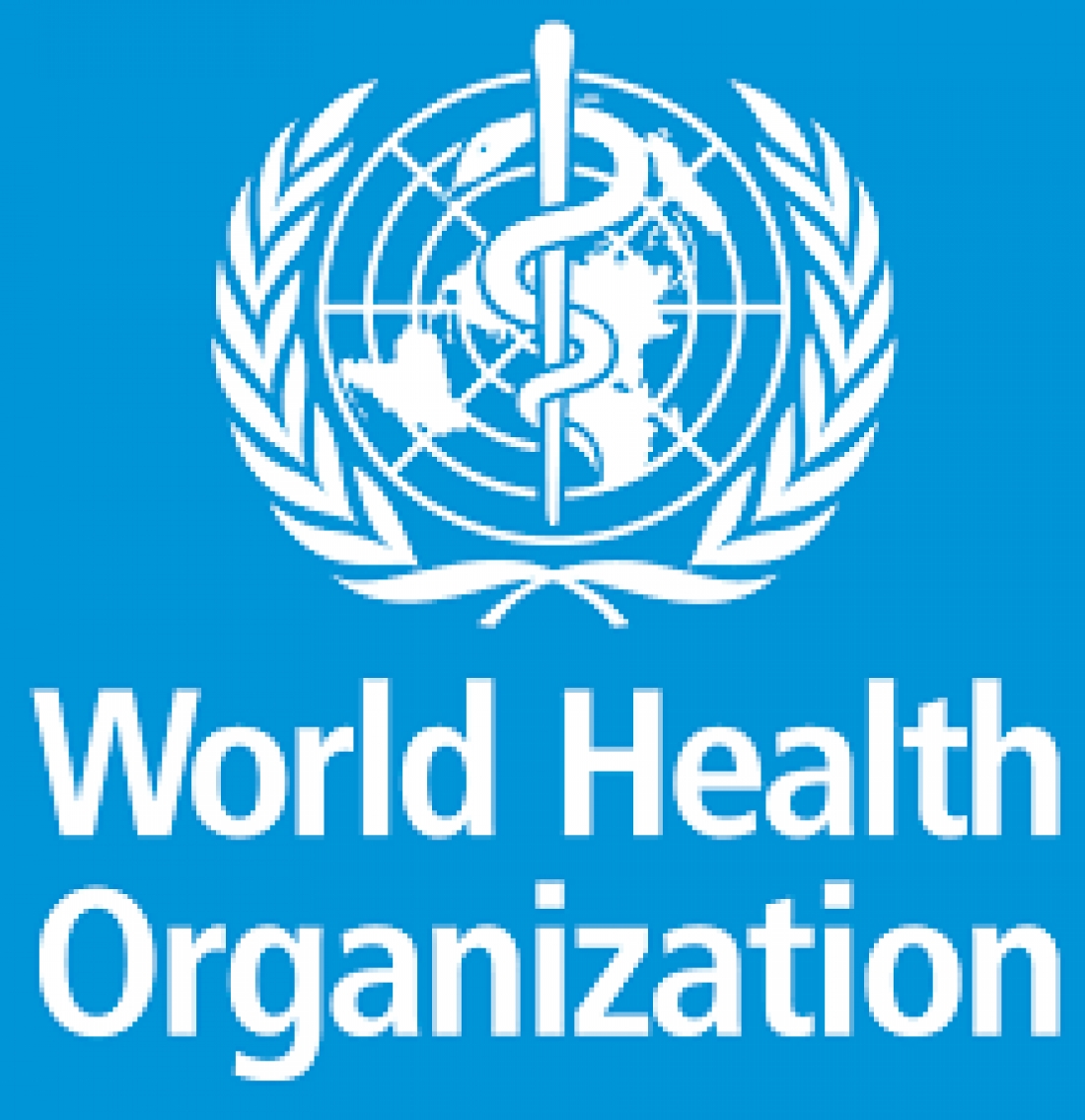WHO, in a report published on Wednesday “Access to NCDs Medicines: Emergent Issues During the COVID-19 Pandemic and Key Structural Factors, highlights the effect of the COVID-19 pandemic on access to NCD medicines.
It also highlighted the policies and strategies implemented by country to both anticipate and mitigate the disruption that has hit medical supply chains.
According to the report, during the pandemic, people living with cancer, heart diseases, chronic respiratory diseases, diabetes and other NCDs, experienced difficulties in accessing their routine medicines.
The new report reviews the impact of the pandemic on NCD medicines from manufacturing, procurement and importation, to delivery, availability and affordability of drugs.
“The COVID-19 pandemic has exacerbated the challenges that people living with NCDs face in accessing essential medicines,” Dr. Bente Mikkelsen, Director of the Department of Noncommunicable Diseases at WHO, said in a statement.
“Many have had their treatment disrupted, which can lead to serious health consequences.
It is therefore very important not only that treatment and care for people living with NCDs are included in national responses and preparedness plans, but those innovative ways are found to implement those plans.”
The report also provides insights and data useful for key stakeholders in the NCD pharmaceutical supply chain, including governments, regulatory authorities, manufacturers, and the private sector, as well as directions for future research toward improved resilience of the system which gets vital medication to patients worldwide.
There is an overall “pharmaceutical information ecology”, the WHO report said, as an urgent need to improve transparency as a foundation for pandemic planning and response.
If we are unable to identify weaknesses in the global NCD supply chain, we cannot hope to fix them, WHO added.
Without effective monitoring and transparent data, it is difficult to identify weaknesses in the global supply chain, which puts the onus on national health systems to look at their own supply chains, strengthen and expand medicine shortage notification systems, build flexibility in regulations, and minimise barriers to trade.
“Actions are needed to strengthen the resilience of medicine supply chains globally and in the country, to respond to today’s needs and to prepare for emerging challenges, including emergencies and pandemics” Dr. Clive Ondari, Director of Health products policy and standards, said.
Globally, more is spent on medicines for NCDs than any other kind of medication.
WHO stresses there is a need to continue to assess the successes and failures of the global supply chain toward improved NCD medicine access and services, as the COVID-19 pandemic progresses.
A longer-term strategy to strengthen access and delivery mechanisms during emergencies and mitigate future outbreaks should be developed, the UN health agency report stresses, with particular emphasis on ensuring the uninterrupted and sustainable provision of medicines and products needed to diagnose and treat chronic diseases.
“Let’s not forget: COVID-19 may be out of sight, but access to NCD medicines is still out of reach for many,” Mikkelsen said.
Source: HealthWise

